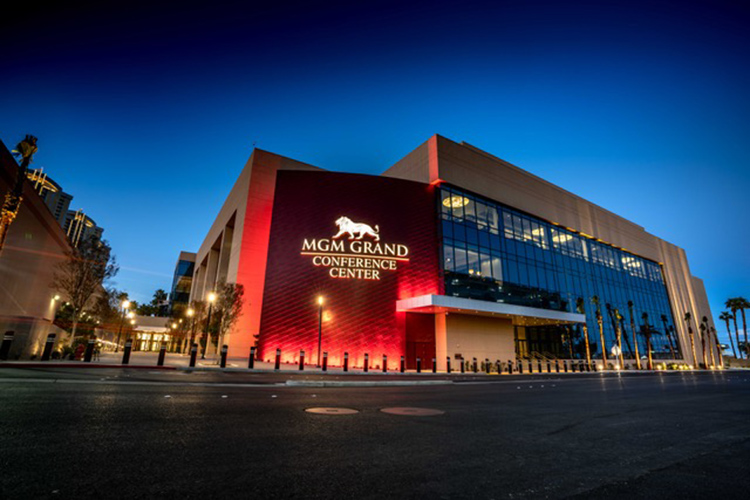 MGM Resorts International last week announced the sale of the MGM Grand and Mandalay Bay resorts and casinos to a joint venture for about $2.5 billion. The joint venture will lease back the properties to MGM Resorts for an initial rent of $292 million. In October, MGM announced the sale and lease-back of Bellagio, as the company pursues an asset light strategy—a hotel ownership model adopted by a growing number of companies. What’s behind the trend and what does it mean for meeting planners?
MGM Resorts International last week announced the sale of the MGM Grand and Mandalay Bay resorts and casinos to a joint venture for about $2.5 billion. The joint venture will lease back the properties to MGM Resorts for an initial rent of $292 million. In October, MGM announced the sale and lease-back of Bellagio, as the company pursues an asset light strategy—a hotel ownership model adopted by a growing number of companies. What’s behind the trend and what does it mean for meeting planners?
“These announcements represent a key milestone in executing the company’s previously communicated asset-light strategy, one that enables a best-in-class balance sheet and strong free cash flow generation to provide MGM Resorts with meaningful strategic flexibility to create continued value for our shareholders,” said Jim Murren, chairman and CEO of MGM Resorts, in a statement regarding its hotel ownership. Instead of being in the capital-intensive real estate business, the company wants to be a developer, manager and operator of major gaming, hospitality and entertainment properties, with a big focus on sports and live entertainment, according to Murren.
Marriott led way on asset light strategy in the early 1990s by spinning off its real estate into an investment trust, spurring the company’s aggressive growth into the largest lodging business in the world. Other hotel groups followed the same path, including IHG, which sold around 200 hotels between 2003 and 2015, with a return of more than $10 billion to shareholders, according to Edison Investment Research. In 2017, Hilton completed spin-offs of a portfolio of hotels and its timeshare business into two independent, publicly traded companies: Park Hotels & Resorts and Hilton Grand Vacations.
As hotel companies continue to get out of the real estate business, what are the ramifications for meeting planners? “When meeting organizers contract for a meeting with a hotel property, very often they do not take the time to determine who the real party in interest is—the owner of the hotel,” said Tyra Warner (formerly Hilliard), Department Chair, Hospitality, Tourism, and Culinary Arts, College of Coastal Georgia, and a frequent speaker and writer on legal issues in the world of meetings. “In the event of a legal dispute, this becomes the first order of business, ferreting out this party.”
Warner noted that when an owner changes after a contract is signed, there is always concern for a meeting organizer about what changes may come along post-sale, including changes in policy and procedures, changes in fees and surcharges, and issues around renovations or closures. “Rarely is there a concern that prior contracts won’t be honored since the ‘book of business’ is part of the goodwill that is usually sold along with the business,” she said. “But there is often a turnover of staff, which is why it is very important that all of the details of the agreement are in writing and not a verbal agreement between the parties that may be lost during the transition.”
You Might Also Be Interested In
Park MGM Becomes First Member of IACC on the Las Vegas Strip
Marriott Unveils New MICE Platform
MGM Leo the Lion Becomes Leona










